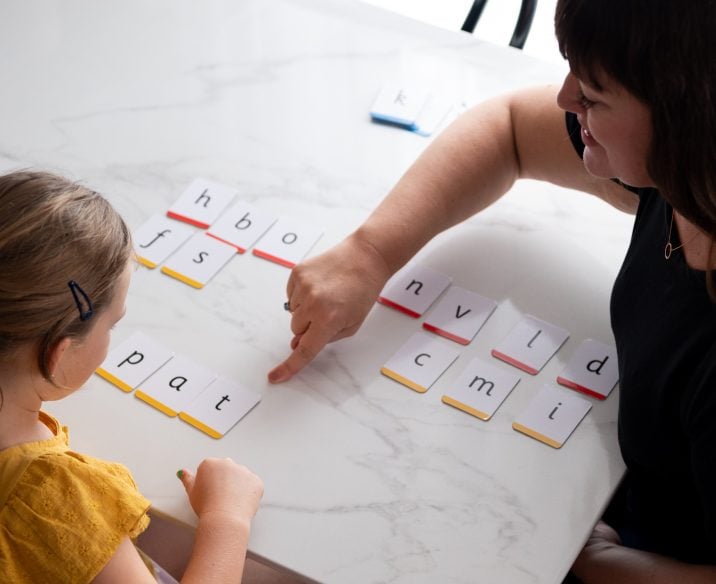$1,200*
A cognitive assessment, also known as an IQ test or psychometric assessment, helps to identify a child’s potential for learning and their preferred learning style. Cognitive assessments help psychologists to determine a child’s strengths and weaknesses in several cognitive skill areas including verbal comprehension, visuospatial skills, fluid reasoning, working memory and processing speed.
How can a cognitive assessment help?
Cognitive assessments can be performed to help with the following:
- Contribute to the diagnosis of learning difficulties or disabilities in children to develop a tailored learning plan and provide recommendations for classroom accommodations
- Evaluating a child’s cognitive strengths and weaknesses to ascertain how a child learns
- Determining the severity and impact of intellectual disability on a child’s learning and provide practical strategies to support them in the classroom
- Providing information to assist with school or government funding applications, teaching support and special provisions
- Identifying intellectual giftedness
Learning Links’ psychologists use a range of assessment tools to evaluate a child’s strengths and needs. The most common tools used in cognitive assessments include:
- Wechsler Intelligence Scale for Children (WISC-V)
- Wechsler Preschool & Primary Scale of Intelligence (WPPSI-IV)
- Wechsler Adult Intelligence Scale (WAIS- IV)
- Standford Binet-5 (SB-5)
*A refundable 50% deposit is required to secure an assessment booking.
For more information or to book a cognitive assessment call 1300 003 900 or enquire online.





